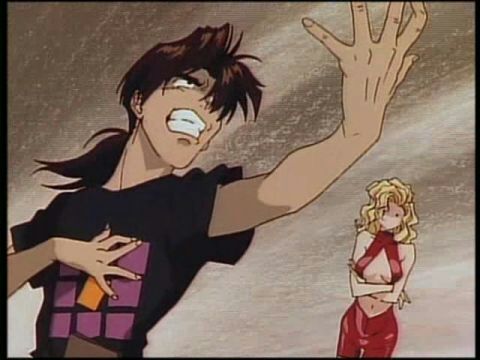
In the 1990s and 2000s, the term switched to a negative connotation and Freeters were seen as burdens on society. In the 1980s, the term was seen in a positive light signifying the freedom to explore other alternative options for employment for fun when the economy in Japan was prosperous with many different job opportunities.
Freeter meaning full#
This term was coined by part-time job magazine From A editor Michishita Hiroshi in 1987 and was used to depict a "free" worker that worked less hours, earned pay hourly instead of a monthly paycheck like regular full time workers, and received none of the benefits of a regular full time worker (holiday pay, sick pay, bonus pay, paid leave).The meaning of the term switched connotations from positive to negative after the economic bubble of the Japanese economy broke resulting in a recession in the 1990s. As German (along with English) was used in Japanese universities before World War II, especially for science and medicine, arubaito became common among students to describe part-time work for university students. an adult, though no longer a student, who does not have full-time employment and all the benefits that comes with it. Arubaito is a Japanese loanword from Arbeiter, and perhaps from Arbeit ("work").

The word freeter or freeta is thought to be a portmanteau of the English word free (or perhaps freelance) and the German word Arbeiter ("labourer").

These people do not start a career after high school or university, but instead earn money from low-paid jobs. Learn more in: Structural, Information, and Regulation Aspects of Political Online and Classic Communication 2. Freeters average 15 to 34 years of age.Freeters may also be described as underemployed. Is counteracting of parties ( political subjects) expressed in certain actions directed against each other. Freeter is a combination of the English word free and the Japanese word arubaito meaning part-time, casual or temporary work.» More Japan College Graduates Rebel Against Jobs For Life by Minoru Koshida in Tokyo Reuters Sept. Freeter In Japan, a freeter (フリーター, furītā) is a person who is unemployed or lacks full-time employment, excluding housewives and students.


 0 kommentar(er)
0 kommentar(er)
